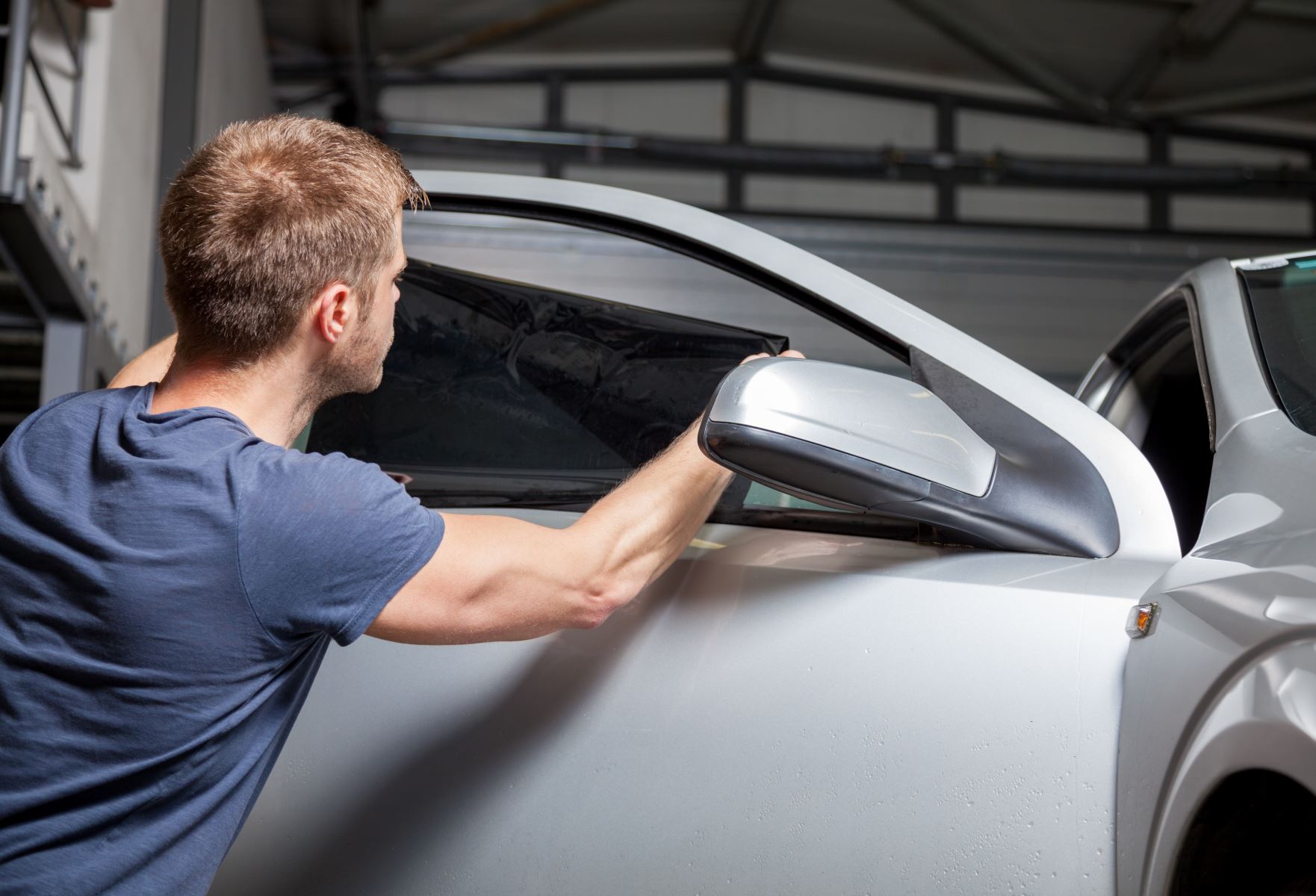
Are you considering getting your windows tinted, but not sure where to start? Not only are there various levels of tinting you could get, but there are also laws that govern window tints and films.
Before you bring your car to the tint shop, read on for details about window tints, and what you should look for.
What is Window Tinting?
Generally speaking, window tinting is a modification to a car’s windows involving a thin film or layer that is applied to the glass. Often times, this film or “tint” is colored darkly (in various degrees or grades of darkness), much like sunglasses. Here's what window tints accomplish:
- Reduced glare from the sun
- Privacy
- Safety/security
- Filtering of UV rays
- Thermal insulation
Window Tinting Laws
Believe it or not, anonymity and privacy issues are just the start of window tinting headaches. Every state has different laws regarding window tinting. The laws classify tints according to “Visible Light Transmission” or VLT percentages. A tint of 65% VLT means that the tint lets 65% of the visible light spectrum through; 55% means that 55% of the light spectrum is getting through. Thus, the lower the VLT is, the darker the tint. For instance, a VLT of only 12% is only letting a small portion of visible light through, and thus the tint will be very dark.
State window tint laws set minimum percentages for front, side, and rear windows. For instance, in California, window tints must be higher than 70% VLT for the front side windows. The rear window and rear side windows can be any VLT % (up to 100%). The front windshield can only have non-reflective tint on the top 4” of the window.
Compare this with the laws of New Jersey, which do not allow any type of tint for the front or rear windows. Each state is very different; research your state's requirements online, or speak to a certified local mechanic to ensure that your car’s tint is up to state regulation.
Window Tinting Advantages and Disadvantages
Some advantages of window tints include decreased glare and heat from the sun and added privacy (it's difficult to see into a car with appropriately tinted windows). There’s also a certain “cool factor” when it comes to tinted windows, as the darker colors can enhance custom paint jobs and other features of the car.
On the other hand, tinted windows can often have several disadvantages to them, including:
- Bubbling: Over time, the tint film can start developing bubbles, especially in hot, dry areas (San Diego can get quite hot and dry in some areas during the summer); this can actually result in reduced windshield visibility
- Difficulties with interstate travel: Since each state has different laws, driving from state to state can be complicated. You might not be able to drive around in a state that has stricter window tint laws
- Reverse effect: Rather than enhancing privacy, tint can sometimes actually attract the attention of other drivers, pedestrians, and even thieves. A thief may see a parked car with dark tinted windows, and may be more interested in the potential valuables within.
Window Tint Alternatives
Despite these disadvantages, many people still choose to get window tints and have generally positive experiences. For those who don’t want to make risky modifications to their cars, they can consider window tint alternatives like:
- Wearing driving sunglasses
- Using sun shades when parking
- Exploring clear films (used mostly for blocking heat and UV; always be sure to confirm the legality of any new windshield product)
Depending on your needs, aesthetic preferences, and location in the U.S. you might want to consider window tints. If you need any major car repairs or a complete car check-up, visit us at Convoy Auto Repair, San Diego’s auto repair shop. We offer a wide range of vehicle services brought to you by our team of certified and experienced mechanics! Get in touch today.